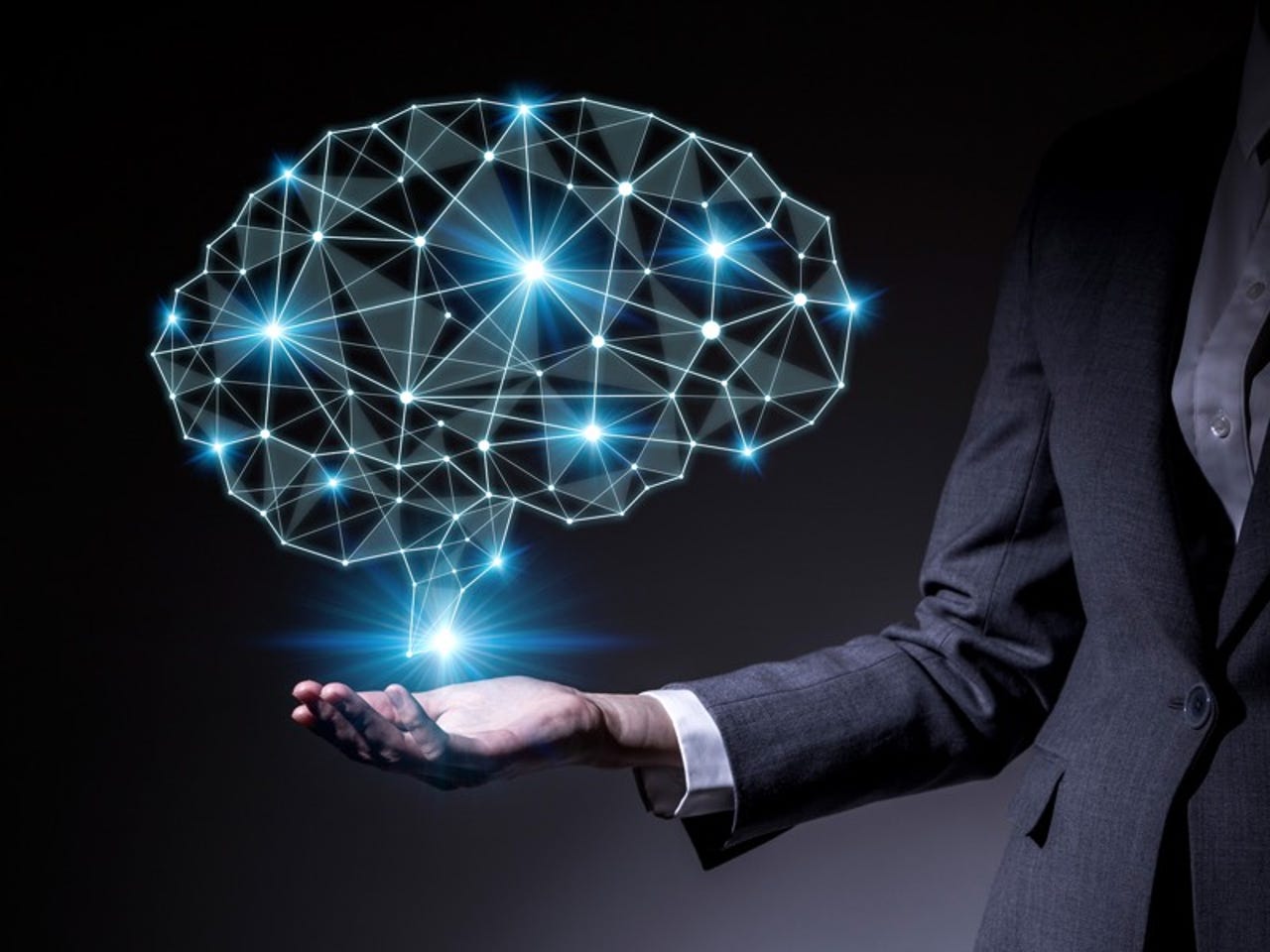Five tech jobs that AI and automation will make radically more efficient


The robot revolution has undoubtedly begun, but the jury is still out on exactly how many jobs will be lost to the machines, and how long it will take to happen. In the meantime, though, artificial intelligence (AI) is already impacting jobs in a variety of industries, changing the way a lot of work is getting done.
Whether it's the implementation of chatbots or machine learning-boosted big data tools, professionals are capturing the value of AI to increase their productivity. However, every job won't be impacted equally when it comes to these emerging technologies.
SEE: IT leader's guide to the future of artificial intelligence (Tech Pro Research)
Here are the five jobs that will see the biggest increase in efficiency from AI and automation.
1. Security professionals
The cybersecurity field has been utilizing AI and machine learning for some time, with platforms like IBM's Watson being used to complement the work of human practitioners. For example, many products use AI to determine the patterns of normal users, and alert human security professionals when abnormal behavior is detected.
"Currently, security relies on AI to target risk and to develop proactive threat management systems," said Gartner research director Carlton Sapp. "However, we see this as aggressively advancing their capabilities, leading to more advanced threat management systems that automatically learn through reinforced training and more innovative ways to reduce risk."
The biggest barrier to capturing the value of AI in security is trust. A recent Radware report stated that 57 percent of executives trust AI security systems "as much or more than" humans, but there's still room for growth.
On the other side of the fence, AI is also being used to develop cyber attacks. Security researchers created an AI-infused malware that was able to move past an anti-malware system by modifying itself to slip past the filters. This means that security professionals will likely need to fight AI tools used by hackers with AI tools of their own.
2. Business intelligence (BI)
Business intelligence, with its heavy focus on data analytics, stands to benefit heavily from the proliferation of AI. In addition to providing more in-depth insights, AI will also lessen the amount of work needed to build custom BI apps and tools.
Technologies such as Natural Language Processing (NLP) and Natural Language Generation (NLG) will help with the development of drag-and-drop graphical user interfaces (GUI) for BI, making it easier to get insights without custom coding a solution, according to Boris Evelson, vice president and principal analyst at Forrester Research. This means that data analytics will be "directly available to non-data professionals," Evelson said.
AI will also make it easier for BI to process unstructured data, Evelson said. "AI-infused BI will somewhat, albeit not completely, automate all of the steps necessary to transform data into formats and models that BI tools can work with -- relational structures, and so on," Evelson said. "This includes machine learning-based data discovery and machine learning-based data curation -- cleansing, integration and so on."
These changes will essentially make more data available for analysis, which will grow the number of jobs for data analysts as well, Evelson noted.
3. Help desk
The help desk is the "the starting point for many machine learning projects" in the enterprise, according to Nick Patience, co-founder and research vice president at 451 Research. A big part of this has to do with the introduction of chatbots, conversation-based robots that can handle simple questions via text-based input.
Chatbots have been used in customer service and on retail websites in recent years, but they are now growing in use for help desk requests. J.P. Gownder, vice president and principal analyst at Forrester Research, said that chatbots will soon be leveraged to handle tasks like employee onboarding and password resets, freeing up help desk pros to handle higher-level problems.
"In some cases, automation will replace human headcount in this space, allowing companies to redeploy technology talent elsewhere," Gownder said.
4. Software engineers/web developers
According to Gartner's Sapp, "AI will become the new UI as it transforms how we enhance the user experience." This has major implications for consumers, as it changes how they interact with devices or services, but it will also impact the engineers and developers designing those experiences.
SEE: Hiring kit: User experience specialist (Tech Pro Research)
Mobile developers may find it easier to create contextual experiences for users, since AI will automatically bring in the most relevant information. On the software side of things, AI will help in the creation of the product itself, automating security and possibly even the development of additional features.
"Software engineers will see radical changes on using AI to develop more resilient systems and applications, ranging from self-healing applications to automated code development," Sapp said.
5. CIO
In addition to affecting the work of frontline employees, AI and automation will also impact the lives of IT leaders and management. CIOs, in particular, will see a major change in the way they view the organization, said Forrester's Gownder.
"The CIO's workforce will be comprised of a mix of digital workers -- RPA bots, AI programs, chatbots -- and humans, and, keeping this mixed workforce in mind, the CIO will need to hire and train human workers for RQ -- the Robotics Quotient, Forrester's term for the skills required to work well with machines and AI," Gownder said.
This new organizational structure could make it easier for the CIO to more effectively delegate workforce resources, setting their human employees on the most pressing tasks.
There's also the augmentation of the personal assistant. While only the most senior executives tend to have a human assistant, said 451 Research's Patience, in the future every worker will have access to an AI-powered one. This will lead to more efficient scheduling, making it easier for CIOs to plan meetings that work for everyone.
Also see
- Special report: How to implement AI and machine learning (free PDF) (TechRepublic)
- Artificial intelligence: It's about to cause a major upheaval in jobs (ZDNet)
- The Complete Machine Learning Bundle (ZDNet Academy)
- Report: Artificial intelligence is creating jobs, generating economic gains (ZDNet)
- The 6 most in-demand AI jobs, and how to get them (TechRepublic)